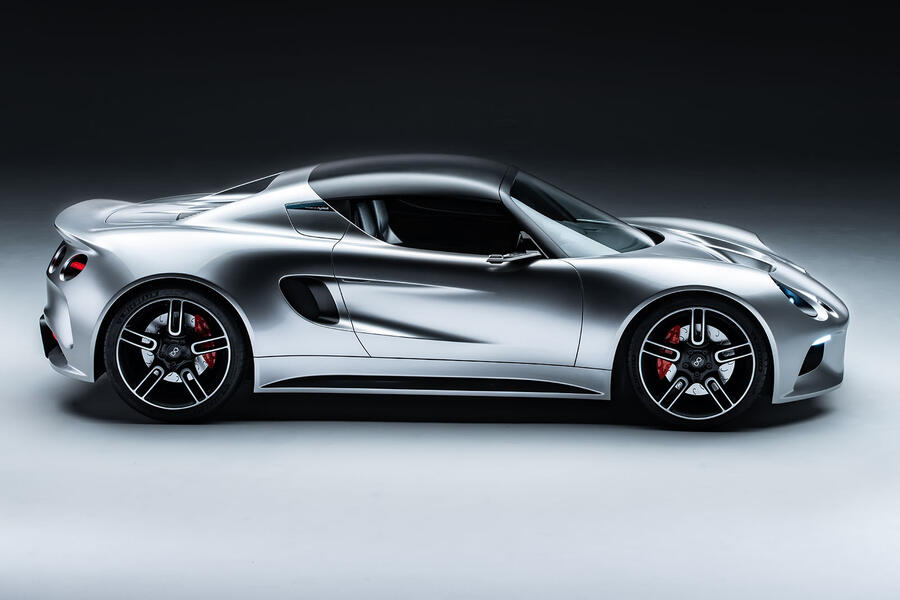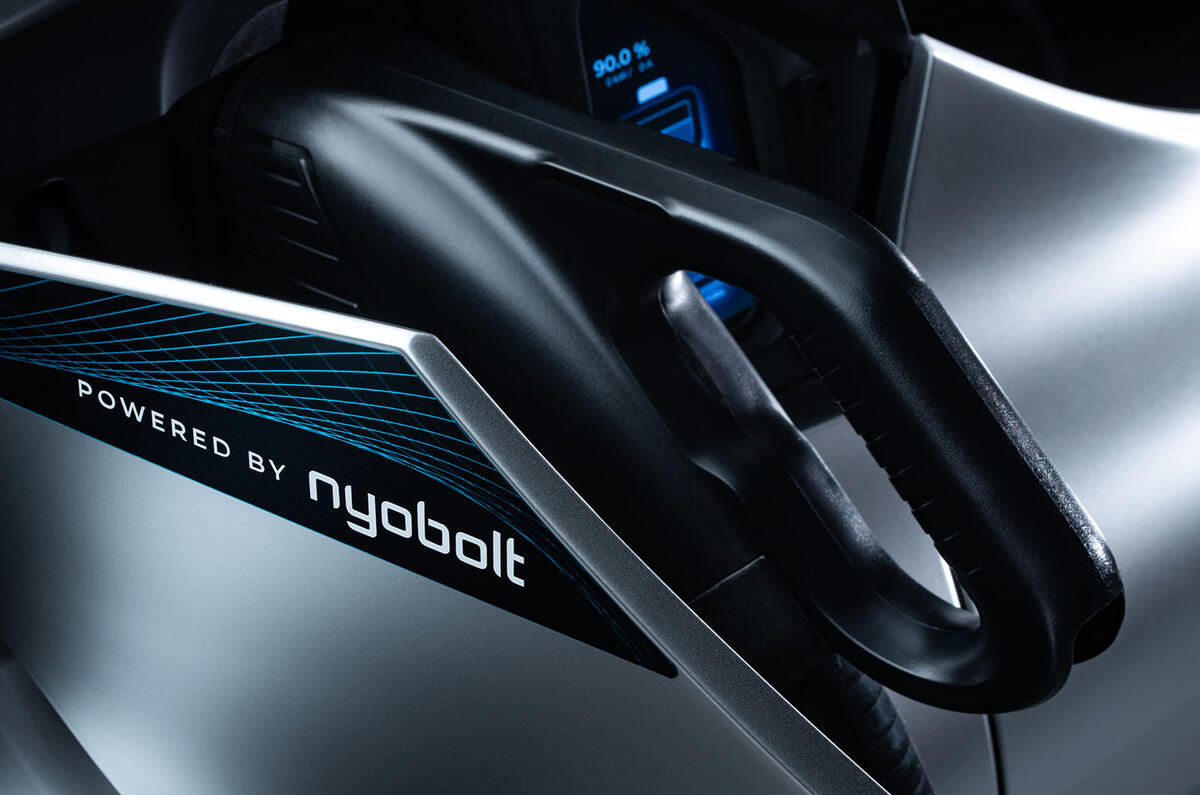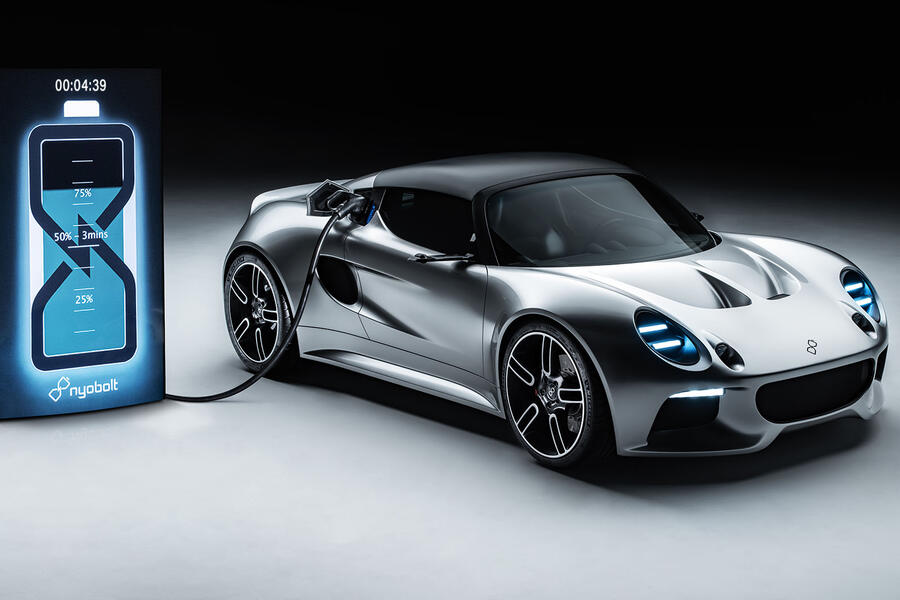UK battery tech company Nyobolt has confirmed plans to begin EV battery production by 2026 and will open a new assembly line at its production facility in Asia next January.
The Cambridge-based firm says it will start larger-volume production of its rapid-charging batteries within the next 18 months. Eventually, Nyobolt says, it will target battery production in the UK.
Nyobolt currently has battery applications confirmed for the robotics industry and its sights are set on the automotive sector. The firm says machine downtime can be decreased by “90%” thanks to its advanced battery technology.
According to Nyobolt, the battery itself can be fully charged in six minutes, with an 80% charge achievable in four minutes. The technology was demonstrated recently on the Callum-designed Nyobolt concept car, which is essentially a Lotus Elise S1 redesigned for the 21st century.

Steve Hutchins, vice president of operations and engineering at Nyobolt, said: “We’re talking to automotive customers with potential key dates in 2026/2027, but even if we could make the technology today, in that volume, it’s still a three-year programme to get into a car.
“If a customer wants that technology, what he means is he wants it in three years' time. We’ve got some OEMs testing our battery technology and they’re very excited by the results.”
Against the backdrop of strong confidence for automotive applications, deliveries of Nyobolt’s batteries to its industrial customers in the mining, industrial automation and off-road heavy equipment sectors will begin in the middle of next year.
The firm says it is already making “thousands of [battery] cells a week” using its advanced anode technology, which delivers 10 times more charging power than a conventional battery while still being fully recyclable.










Join the debate
Add your comment
Hey, come on! This isn't The New Scientist! This is Autocar!!! Home of sensationalist ballplop touted by yet another EV startup with a fagpacket sketch looking to launch about 3 or 4 years from now. They don't bother with the details.